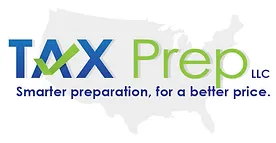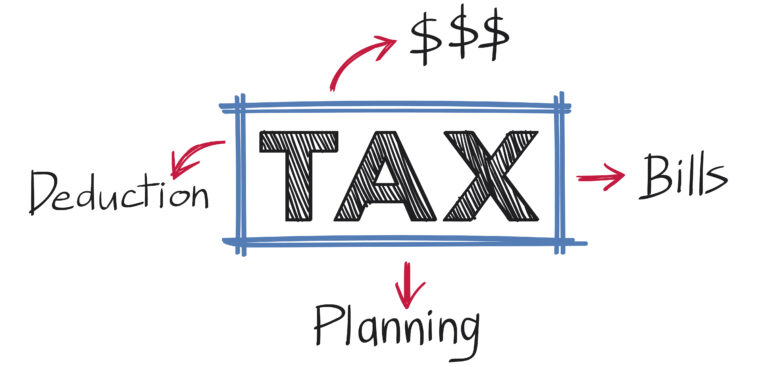The Tax Cuts and Jobs Act (TCJA) of 2017 introduced Opportunity Zones to foster economic development in undeserved communities while offering significant tax incentives to investors. Fast forward to January 1, 2027, and under the One Big Beautiful Bill Act (OBBBA), and we find that Opportunity Zones have been revitalized and remain a powerful tool for astute investors seeking both community impact and financial gains, including the potential of significant tax savings.
Why Congress Established Opportunity Zones (OZs)
The Opportunity Zone initiative was created in response to economic disparities that exist across various U.S. regions. By incentivizing investments in economically distressed areas, Congress aimed to spur business development, create jobs, and promote the overall infrastructure within those communities. This legislative decision underscored a commitment to bridging economic divides and fostering sustainable growth in areas traditionally overlooked by private capital.
Investing Capital Gains into Opportunity Zones
To entice people to invest in OZs, the original 2017 legislation provided temporary tax benefits for those who invested in OZs. The OBBBA enhances and makes permanent the tax advantages derived when investing in OZs. For taxpayers anticipating capital gains from the sale of assets like stocks or real estate, the upcoming 2027 changes present a unique opportunity. By investing these gains into a Qualified Opportunity Fund (QOF), taxpayers can defer the capital gain and benefit from potential reductions or exclusions of gain upon sale of the QOF.
Investment Timing
After realizing a capital gain, taxpayers have a 180-day window to reinvest the gain into a QOF. This time-sensitive requirement is crucial for securing the tax deferral, as the reinvestment must occur within this six-month period following the sale or exchange that generated the gain. By adhering to this timeline, investors ensure their eligibility for the associated benefits, including potential long-term tax reductions or exclusions. Being mindful of this deadline is essential for effective tax planning and maximizing the advantages of OZ investments.
Investment Requirements
It is critical to note that only the gain portion from the sale needs to be invested into a QOF for tax deferral eligibility. For instance, if a taxpayer realizes a gain of $100,000 from a real estate sale, only that amount would be subject to the Opportunity Zone investment, not the total proceeds from the sale. It does not matter what type of asset the taxpayer sold that produced the capital gain; it can be stock, real estate, collectibles, cryptocurrency, a business or a partnership interest.
The Benefits of Holding Opportunity Zone Investments
The OBBBA introduces structured deferral periods, setting the stage for distinct advantages:
- Five-Year Period: If a taxpayer holds the investment in a QOF for at least five years, there is a 10% exclusion of the deferred gain. This means that 10% of the original gain invested is tax-free when the gain is eventually realized.
- Thirty-Year Period: Extending the holding period to thirty years offers the remarkable benefit of exclusion from taxation entirely on any gain from the original opportunity zone investment upon sale. This extended timeline ensures that gains enjoy maximized long-term growth, coupled with substantial tax savings.
Such time-bound frameworks in OZ investments provide critical benefits and make a compelling case for incorporating these into long-term investment strategies.
Incorporating Opportunity Zones into Estate Planning
When considering estate planning, the benefits of OZs should not be overlooked. Here’s how they might be effectively utilized:
- Deferred Gain Strategy: Incorporating QOF investments into an estate plan allows heirs to inherit deferred gains, offering them the choice to manage when recognition occur based on their personal financial landscape.
- Tax-Free Growth: By potentially leveraging tax-free appreciation over periods as long as thirty years, families can enhance inter-generational wealth transfer while reducing future tax liabilities associated with asset liquidation.
- Strategic Valuation: If the investment forms a part of an estate portfolio, valuation strategies could include discounts that lessen taxable estate value, thereby reducing estate tax outcomes.
Tax professionals and estate planners should be consulted to effectively navigate these complex but rewarding opportunities tied to Opportunity Zones, ensuring alignment with personal financial goals and legacy plans.
The Strategic Case for This 2027 Investment
With the Opportunity Zone provision’s revival set for 2027, it is crucial for investors to proactively prepare. The act of positioning investment strategies ahead of these changes not only allows for maximizing potential returns but also grants investors a role in affecting positive change in designated communities.
In the context of broader economic policies, OZ investments act as both a financial growth tool and a catalyst for community development. As regulations and guidance continue to evolve, staying informed and adaptable to these changes will position savvy investors to take full advantage of the fiscal and societal benefits that Opportunity Zones offer.
In conclusion, OZ investments are profoundly effective for those planning for 2027. By proactively incorporating these opportunities into financial and estate plans, investors can achieve significant tax deferrals and exclusions while making impactful contributions to economically challenged communities; a testament to aligning personal financial goals with greater good aspirations.
Considering the forthcoming revival of Opportunity Zone investment tax breaks, taxpayers poised to realize significant capital gains have a unique opportunity to enhance their financial strategies while contributing to community revitalization.
Contact our office for a consultation to explore how these upcoming tax incentives can be effectively integrated into your financial and estate planning and are appropriate for you.



